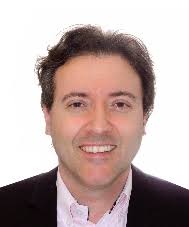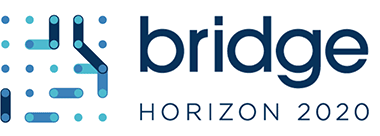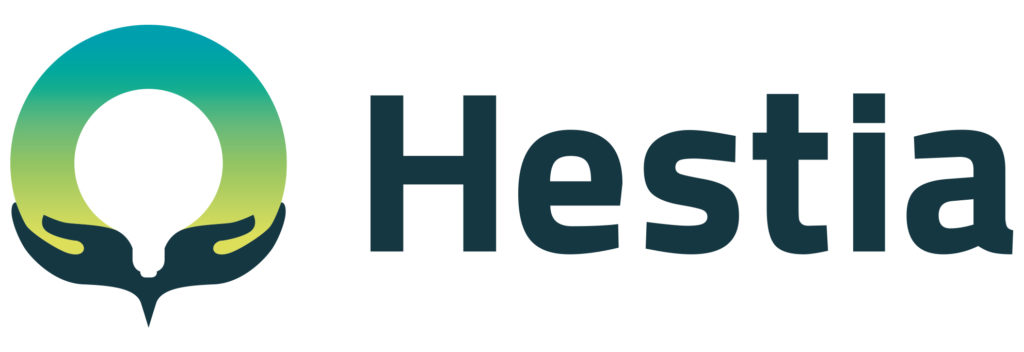ReDREAM
Change your Energy!
The ReDREAM project, funded by EU Horizon 2020, aims to revolutionise the energy market and puts the consumer at the centre.

The user-centric energy ecosystem
- About the project
- Partners
- Related Projects
Think you can’t change anything? Then think again! Watch the video and find out how ReDREAM can help you radically change the way you use energy

ReDREAM
The energy consumer makes the difference
Can electricity consumers be key to making energy more sustainable? It may sound somewhat utopic but ReDREAM aims to ensure they will play a decisive role. The EU-funded project wants to overhaul the energy sector. It wants to empower consumers – households and industry – by putting them at the heart of an all new co-creative ecosystem. To achieve this, the project brings together 15 partners from 8 European countries.
Underlying this ecosystem is a platform that uses cloud services and artificial intelligence to collect and evaluate information. This provides for more efficient production, distribution and use of energy, thus reducing CO2 emissions. All the major stakeholders from the energy sector are to be involved in the ecosystem – from energy suppliers who provide gigatons of electricity every day, to consumers who use this electricity. Information on weather and renewable energies will be fed into the ecosystem while smart devices will contribute with data on energy consumption patterns.
ReDREAM ecosystem is an energy network. Together, participants will be able to bring about a significant change in the use of energy.
In the next three years, the ecosystem will be developed and made ready for the market. This is not an easy task – in addition to the fundamental research and analysis of consumer behaviour, numerous technical developments are needed. Programming, developing new algorithms and connecting suitable end-devices are just a few of the topics that the ReDREAM team will work on before 2023. However, it is not only the experts from the international consortium who are important. You as a consumer can also contribute to ReDREAM and make our energy more efficient. ReDREAM – Change your energy!
What makes ReDREAM stand out:
- Consumers are engaged from the start: their experiences form the core of the ecosystem’s development;
- An open co-creation approach allows different stakeholders to participate in the ecosystem;
- Graphical user-friendly interfaces help more people get involved and interact;
- With this ecosystem, consumers can change their energy habits, save money and help cut CO2

15 Partners that aim to change the use of energy
The ReDREAM consortium consists of 15 European partners from 8 countries. They come from research, science, industry, communication as well as economic and legal consulting. Together, ReDREAM will be developed and made ready for the market by the end of 2023.
{{ group }}
{{ object.name }}
{{ object.name }}
{{ object.subheader }}
{{ icon.replace(/^icon_/, '') }}
{{ label }}

ReDREAM sister projects

Smart grid, energy storage, and digitalisation are just some of the topics that unite the projects of the BRIDGE initiative. Like numerous other energy projects, ReDREAM is also part of this initiative of the European Commission’s. Together with HESTIA, SENDER, iFLEX and ACCEPT, ReDREAM pursues a its special focus – empowering consumers to use energy in a conscious and self-determined way. Even though all five so-called sister projects pursue a similar goal, they are also different in approach, technology, philosophy and implementation. But everyone can benefit from the diversity.The goal is to work closely together: to learn from each other, to inspire each other and to realise the project’s objectives efficiently and in a sustainable way. Discover our sister projects from the BRIDGE Initiative now.

Management and use of energy in many areas and ways
HESTIA is an EU funded project developing a mix of Technological, Innovative and Social Sciences & Humanities models approaches to improve the management and use of energy by and for residential consumers. HESTIA aims to develop a cost-effective solution for the next-generation demand-side response services by encouraging residential consumers to engage in flexibility sharing and grid balancing. User-personalised services will help lay the foundation for an open marketplace and new grid reality.

Prosumers for the energy transition
The EU-funded ACCEPT project intends to develop and deliver such a digital toolbox that allows energy communities to offer innovative digital services and access revenue streams that can financially support their functions and secure their sustainability and effectiveness. The ACCEPT framework will be demonstrated and validated in four pilot sites in Greece, the Netherlands, Spain and Switzerland involving more than 3000 people and 750 residences.

Turning energy consumers into collaborators
The EU-funded SENDER project will develop energy service applications for proactive demand response (DR), home automation convenience and security mechanisms. By engaging customers in a co-creation process, the project will shift DR from a reactive to a proactive approach. Consumer data will be collected and processed to identify typical consumption patterns, mirror them by digital twins (DTs) based on artificial intelligence technologies and aggregate the DTs' supply/demand characteristics.

Engaging Energy Consumers in Flexible Energy Consumption
The aim of the iFLEX project is to empower energy consumers by making it as easy as possible for them to participate in demand response programs, in which they adjust their energy consumption in response to signals or incentives coming from energy actors, such as price signals or bonuses. To support the consumer in managing when and how to be flexible, the project is developing an intelligent personal assistant, called the iFLEX Assistant. The assistant is a software agent which handles all the complexity of the system interactions, and which optimises the comfort, energy cost and environmental footprint on behalf of the consumer and according to consumer wishes. While the consumer has full control of the flexibility, the operation can be fully automated so that the consumer does not have to do anything on a daily basis.